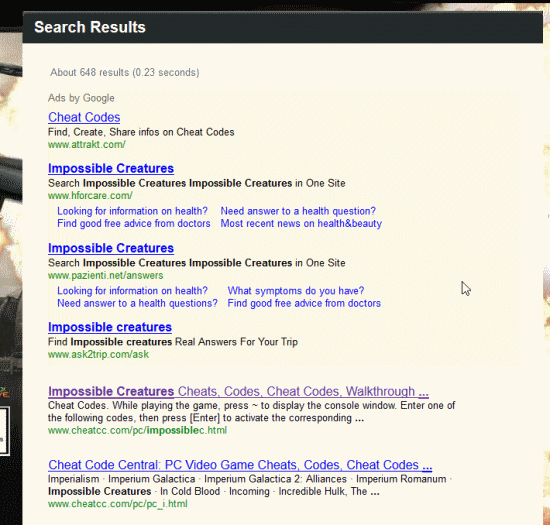
Dogs
Although they call it the Denver Dumb Friends League, The Humane Society of Denver, Inc. is not dumb at all. Founded in 1910, it was created to "to speak for those that could not speak for themselves, our companion animals." They also provide programs and services, which enhance the bond between people and animals.
When abandoned and abused pets come through the doors, the staff provides shelter, food, veterinary care and loving attention. The shelter has already placed 15,171 animals in the greater metro Denver, Colo., area this year. It has unique housing for their animals, beautiful glass enclosed runs and pens for displaying both adoptable dogs and cats. "We put toys (in the enclosures) for the cats and dogs to allow them to play and be shown to be playful," says Executive Director Bob Rohde. "The response of the public (to watching the playing pets), is very positive, it definitely helps placement," he added.
Keeping the Animals Looking and Feeling Their Best
The league has a grooming program to help make the animals more comfortable and adoptable. Staff and volunteers go through the facility picking out those that especially need grooming attention. "Most importantly, the animal is very uncomfortable (if unkempt)," notes Rohde, and if the animal is a mess of mats it is not attractive. If unclean they are also odorous which turns a potential adopter off." Some of the cats are a particular grooming problem. Though only 3 percent of the cats that come to the shelter are purebreds, 80 percent of those are Persians. These come in totally matted and need to be groomed or shaved. "Grooming not only benefits the animals, but demonstrates to potential adopters the need for regular grooming care," Rohde concluded.
On Their Best Behavior
The league's behavior department offers obedience training classes for puppies and adult dogs, information on their web page, and a behavior helpline (877-738-0217). Working with more than 500 dog owners and their four-legged classmates in 1999, the obedience classes were very successful. A free pet parenting class is also available once a month to counsel new pet owners about pet selection, general pet care, training, and to discuss potential behavior problems. The shelter also provides several behavior handouts for specific problem issues, written by Dr. Suzanne Hetts, veterinary behaviorist.
Information is also available on the league's Web site, www.ddfl.org
"Maggie," An Alumni Story
"Maggie," a 1 1/2-old retriever mix, barked constantly during her first obedience class. She was very excited among the many strange dogs and people. Just adopted one month before, it was difficult to know what she might have been previously taught. The instructor assured Maggie's owner that her behavior was quite normal and that he would soon be able to get her attention with lots of positive reinforcement. Frustrated at her lack of quick progress, he turned to the league's behavior helpline. With patience, hard work and many treats later, Maggie finally learned to focus on her owner's directions. Like a young school child, Maggie just needed more practice.
The owner eventually got incredible results and Maggie became extremely obedient. "The behavior helpline, your obedience class and your entire organization have far exceeded my expectations," he wrote. "Your staff is knowledgeable, the handouts excellent and the obedience class superb. Since I got my dog, she has improved immensely from following your advice," he adds. Getting a letter like they, the staff says, is worth it all.
 Death Worm Tips Requirements
I use this service included in my writing. Your Sims connec
Death Worm Tips Requirements
I use this service included in my writing. Your Sims connec
 Vicious Dogs and Dog Attacks
Vicious Dogs and Dog Attacks
Vicious Dogs and Dog Attacks
Vicious Dogs and Dog Attacks
 Top Watch Dogs – Breeds That Protect the Family
Top Watch Dogs – Breeds That Protect the Fami
Top Watch Dogs – Breeds That Protect the Family
Top Watch Dogs – Breeds That Protect the Fami
 What You Need to Know About a Breeders Contract
What You Need to Know About a Breeders Contra
What You Need to Know About a Breeders Contract
What You Need to Know About a Breeders Contra
 Eight Ways to Find a New Home For A Dog
Eight Ways to Find a New Home For A Dog
Eight Ways to Find a New Home For A Dog
Eight Ways to Find a New Home For A Dog
Copyright © 2005-2016 Pet Information All Rights Reserved
Contact us: www162date@outlook.com